Our Jefferson City Location Has Relocated! Come Visit Us at 3401 W. Truman Blvd Suite 201!
Do you know your net worth?
Find out why knowing this number is one of the most important financial concepts you’ll want to understand. If you own a small business, read about why you should consider hiring your kids for a part-time summer job.
Also find out how a continuous 12-month forecast can help you better organize your finances and tax obligations, and take a look at some of the most popular podcast genres playing over the cyber airwaves today.
Please call if you would like to discuss how this information could impact your situation. If you know someone who could benefit from this newsletter, feel free to send it to them.
Know This Number!
Knowing your net worth and understanding how it is changing over time is one of the most important financial concepts that everyone needs to understand. This number is used by banks, mortgage companies, insurance companies and you! Your net worth impacts your credit score, which in turn impacts your interest rates and things as mundane as the amount you pay for auto insurance.
A simple definition
- Net worth is the result of taking all the things you own (assets) minus what you owe others (debts and liabilities).
- Assets include cash, bank account balances, investments, your home, vehicles or anything else that you could sell today for cash. Assets also include any businesses or business interests you own.
- Liabilities are what you owe others, such as a mortgage or car loan, and any other debt, like credit card or student loan debt.
Your net worth changes over time, reflecting how you spend your money. For example, if you have tons of bills and spend more than you bring in, your bank account balances will be lower. If you spend a lot on your credit cards, your debt will go up. The net effect is a lower net worth.
Everyone has a net worth
Yes, everyone. Even a 6-year-old with money in their piggy bank has a net worth. If your child is saving up for a bike, they will convert one asset (cash) into another asset (their new bike)!
Calculating your net worth
- Step one. Reconcile your bank accounts and loans. Try doing this every month, as these are the easiest parts of your net worth to track and calculate.
- Step two. Calculate the value of all your remaining assets. For some of your assets, such as stocks, you can go online and find the current value of the stocks you own. For other assets, you'll have to estimate what you could sell that asset for today.
- Step three. Add up all your asset values, then subtract all your debts. What you're left with is your net worth (and yes, your number could be negative)!
Why you should know your net worth
Knowing your net worth contributes to the big picture of your financial circumstances. Here's why it's beneficial to know your net worth:
- You want to apply for student loans. You'll likely need to submit an application that details all your cash and other assets when applying for student loans. If your net worth is high enough, you may have to foot some of the tuition bill yourself.
- You want to get insurance. Some types of insurance use your credit score as part of the calculation for determining your premium payments. Knowing if you have a high net worth may help in obtaining a favorable premium amount.
- You want to diversify your investments. Certain investments are available only to individuals who have a high enough net worth.
- You want to buy a home. Banks want to see that you have plenty of cash when compared to your debts. If you have too much debt, you may need to either pay down
Knowing your worth and how to calculate it can help you achieve some of your financial goals. Please call if you'd like help calculating and understanding your net worth.
The Wonderful World of Podcasts
It’s an audiobook! It’s a radio show! No, it’s a podcast!
Podcasts have taken the world by storm over the past decade. Whether you’re a seasoned podcast consumer or first-time listener, navigating the podcasting landscape can be overwhelming. Here is what you need to know.
Podcast basics
Its beauty comes from its simplicity – the spoken word recorded and uploaded to the internet. It can be as basic as one person reading the top news stories of the day or as sophisticated as a highly-produced, multi-layered story that takes a full-time crew and multiple episodes to narrate. Its low cost to entry and wide reach attracts podcasters small and large to create a vast library of content available in every genre you can imagine.
Unlike over-the-air radio, podcasts are not regulated by the FCC, so anything goes. If foul language and mature subjects are not your thing, carefully read descriptions and reviews so you understand the nature of the content. Many podcasts will also put a disclaimer at the beginning of the episode if it contains mature themes.
Podcasts are also easy to find and use. Simply search podcasts and follow the instructions to use them. The more popular apps for listening to podcasts include Apple, Spotify, Stitcher, SoundCloud and Google.
Popular podcasts
- For the family. There are thousands to choose from. The podcasts in this group are a great way to keep kids engaged while on a road trip or as an outlet that is not the TV. Several of the most popular, per Common Sense Media, are: But Why: A podcast for curious kids. Ear Snacks: A funny podcast for preschoolers and little kids. This American Life: The most downloaded podcast in America by NPR that tends to be popular with all ages, but especially teens.
- News. This category is the most listened to podcast category per Apple. According to Feedspot.com, here are some of this category's most popular podcasts: The Daily: Top news from New York Times' journalists, 20 minutes a day. WSJ What's News: Wall Street Journal reporters cover top stories on business, the economy, markets, and politics. BBC Global News Podcast: Top news from across the world from the BBC World Service.
- True Crime. According to vulture.com, true crime is the genre that elevated podcasts into the stratosphere. Here are some of the popular choices according to the website: Serial: A spinoff from This American Life, the Serial podcast pioneered investigative storytelling by going deeper into true crime narratives. Bear Brook: Details a decades-long investigation about four unidentified bodies discovered in New Hampshire and an unknown serial killer. Undisclosed: Tells stories about innocent people caught up in a corrupt judicial system.
- Information. Some of the best podcasts are those that don't fit into a specific category. According to Feedspot.com, the following podcasts do a great job of storytelling across a wide array of subjects: Stuff You Should Know: Tackles one topic per podcast. Subjects can vary from war history to Tupperware to how the Electoral College system works. Freakonomics: Explores the hidden side of everything, usually from a monetary perspective. TED Talks Daily: Brings you the latest TED talks in audio format.
Hire Your Kids for Tax Savings
Summer’s almost here, and soon most children will be on their long-awaited summer vacation. If you own or manage a business, have you thought of hiring your children, nieces, or nephews for a summer job?
If you do it right, it can be a win-win situation for everyone.
The kids will earn some money and gain valuable real-life experience in the workplace while your business will have some extra help during summer months when other staff may be on vacation. If it’s a family business, there might even be some tax advantages as well.
If your child is doing a valid job and the pay is reasonable for the work, your business can generally claim a normal tax expense for wages paid. Your child will probably pay no or very little income tax on the wages they earned. And if the child is under age 18 and your business is unincorporated, neither your child nor your business will have to pay Social Security or Medicare payroll taxes in most cases.
To make the arrangement work, follow the following guidelines:
- Ensure it’s a real job. It could be a simple job, such as office filing, packing orders, or simple production activities. But it needs to be an actual job.
- Treat your child like any other employee. Expect your child to work regular hours and exhibit appropriate behavior. Don’t show favoritism or you risk upsetting regular employees.
- Keep proper documentation. Keep records of hours worked just as you would for any employee. If possible, pay your child using your normal payroll system and procedures.
- Avoid family disputes. If the arrangement is not working, or is disrupting the business, help your child find a summer job at another business.
How to Roll with a Continuous 12-Month Forecast
Tax and financial planning is a year-round proposition. In fact, you can benefit personally from a continuous, 12-month rolling forecast, much like a business does.
What is a rolling forecast?
Rolling forecasts let you continuously plan with a constant number of periods 12 months into the future. For example, on January 1, you would plan what your financial picture looks like each month through January 1 of the following year. When February 1 rolls around, you would then drop the beginning month and add a forecast month at the end of the 12-month period. In this case, you add February of the next year into your 12-month forecast.
The month you add at the end of the 12 months uses the finished month as a starting point. You then make adjustments based on what you think might happen one year from now. For example, if you know you are going to get a raise at the end of the year, your next-year February forecast would reflect this change.
How to take advantage of a rolling forecast
By doing tax and financial planning in rolling 12-month increments, you may find yourself in position to cash in on tax- and money-saving opportunities within the next 12 months. Here are several strategies to consider:
- Plan your personal budget. Will you need to put a new roof on your house? How about getting a new vehicle? Do you need to start saving for your kids' college education? A rolling 12-month forecast can help you plan for these expenses throughout the year.
- Plan your healthcare expenses. If you have a flexible spending account (FSA) for healthcare or dependent care expenses, forecast the amount you should contribute for the calendar year. Although unused FSA amounts are normally forfeited at year-end, your employer may permit a 12-month grace period (up from 2½ months) for 2021. This means that you could potentially roll over your entire unused FSA balance from 2021 to 2022. Your forecast can help you see the impact of this change.
- Plan your contributions to a Health Savings Account (HSA). When an HSA is paired with a high-deductible health insurance plan, you can take distributions to pay qualified healthcare expenses without owing any tax on the payouts. For 2021, the contribution limit is $3,600 for an individual and $7,200 for family coverage. In this case, you can forecast an increase in contributions and double-check to ensure you have enough money on hand to pay future bills.
- Plan your estimated tax payments. This is often significant for self-employed individuals and retirees with investment earnings. The quarterly due dates for paying federal and state tax liabilities are April 15, June 15, September 15, and January 15 of the following year (or the next business day if the deadline falls on a holiday or weekend). So if your personal income is seeing a recovery from the pandemic, your rolling forecast will show this and allow you to plan for the estimated tax payments.
- Plan your retirement contributions. If you participate in your company’s 401(k) plan, you can defer up to $19,500 to your account in 2021 ($26,000 if you’re 50 or over). Contributions and earnings compound tax-deferred. As the year winds down, you might boost your deferral to save even more for retirement.
While initially setting up a rolling 12-month forecast can be a bit of a pain, once established, it is pretty easy to keep up-to-date as you are simply rolling forward last month into the future. A well-planned system can often be the first sign of future challenges or potential windfalls!

Need help with your taxes or business expenses?
Jefferson City
3401 West Truman Boulevard, Suite 201
Jefferson City, MO 65109
St. Robert
372 Old Route 66 Suite 7
St. Robert, MO 65584
Richland
114 W Camden Ave.
Richland, MO 65556
Lebanon
737 S. Jefferson Street
Lebanon, MO 65536
All Rights Reserved Estes & Associates LLC | Powered by Flypaper | Privacy Policy













